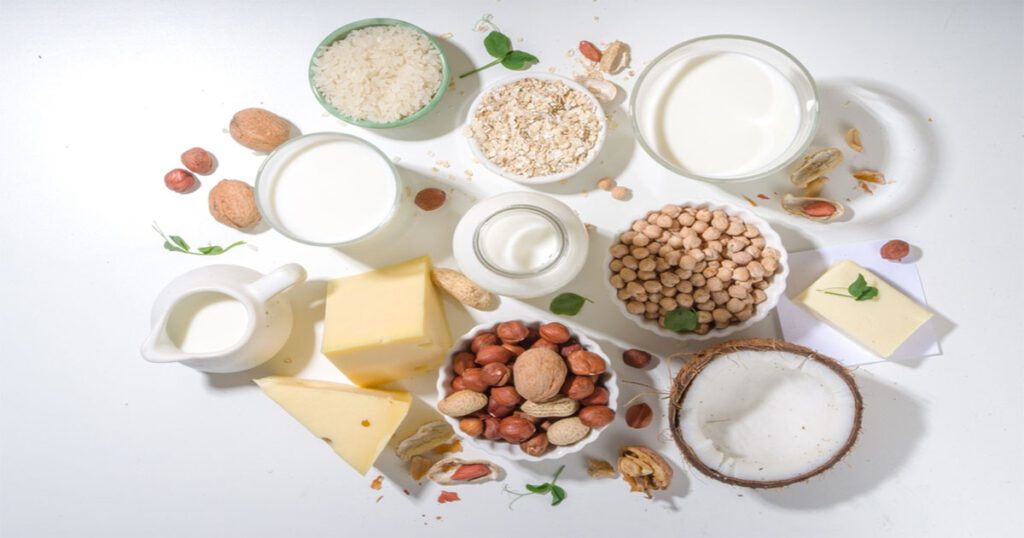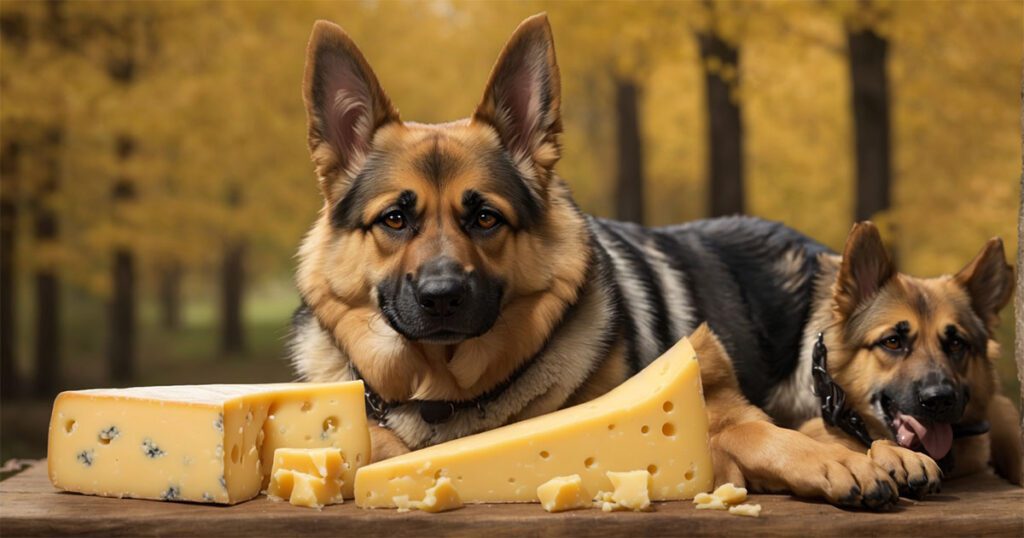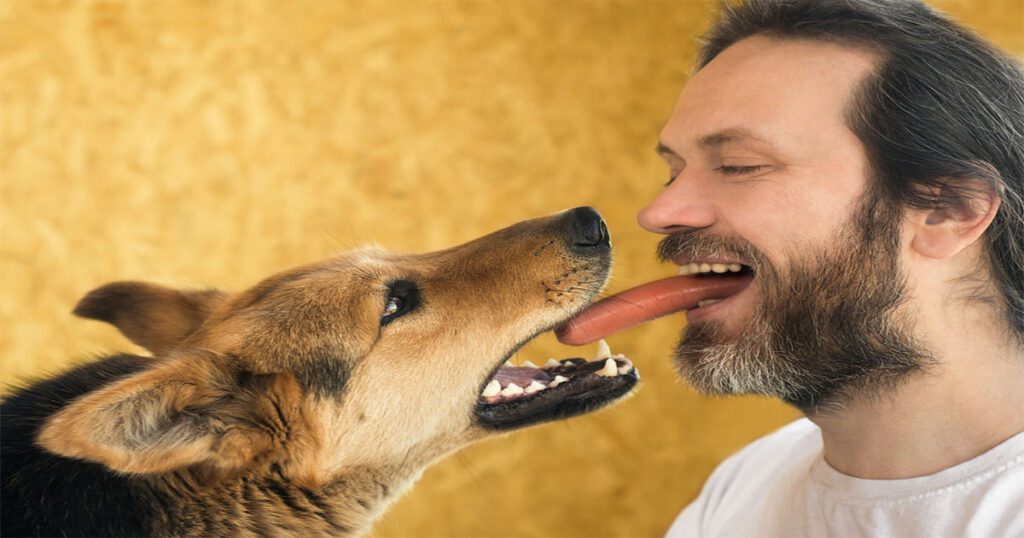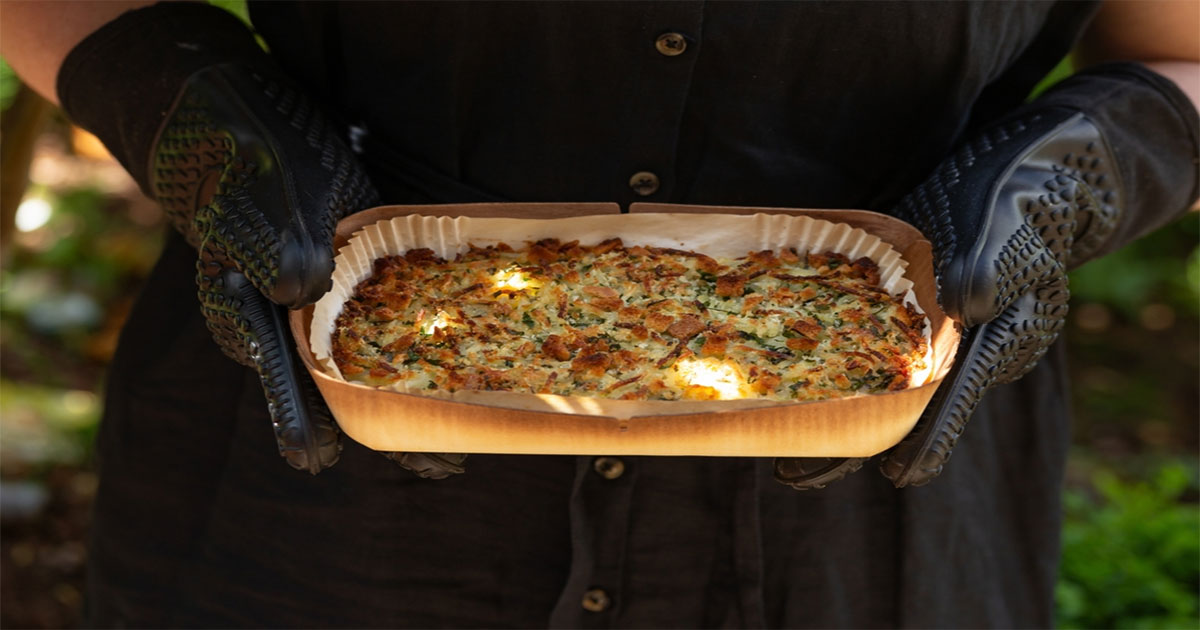There is no substitute for a balanced nutritious diet to keep your beloved German Shepherd healthy. So owners often have to worry about the German Shepherd’s diet! Also, consider what foods they can and cannot eat. One common question that arises is Can German shepherds eat cheese?
Yes, German Shepherds can generally eat cheese in moderation, but it’s important to keep a few things in mind. While cheese is not toxic to dogs, it should be given in small quantities as a treat rather than a regular part of their diet. Cheese is high in fat, and feeding too much to your dog regularly can cause weight gain and lead to obesity.
In this article, we will delve into the topic and explore the potential benefits and risks associated with feeding cheese to German Shepherds. So, let’s start.
Table of Contents
Can German Shepherds Eat Cheese? Benefits of German Shepherds Eating Cheese
When it comes to German Shepherds enjoying cheese, there are a few potential benefits worth considering. Cheese contains essential nutrients that can contribute to their overall well-being. Here are some advantages:
| Benefits | Descriptions |
| Essential Nutrients | Cheese is a good source of protein, calcium, and vitamins such as vitamin A and B-complex vitamins. These nutrients play a vital role in supporting the dog’s overall health. |
| Coat Health | The fatty acids present in cheese, like omega-3 and omega-6, can promote a healthy coat, reducing the chances of dryness and flakiness. |
| Bone Strength | Calcium and phosphorus in cheese contribute to strong bones and teeth, which is particularly important for growing German Shepherd puppies and aging dogs. |
| Immune System Support | Some varieties of cheese contain antioxidants that can support the immune system and protect against certain diseases. |
Risks Of German Shepherds Eating Cheese
While cheese can offer some benefits, it’s crucial to be aware of potential risks that come with feeding it to German Shepherds. These risks include:
a) Cheese Allergy

Some dogs may have allergies to dairy products, including cheese. It’s essential to watch for any signs of an allergic reaction, such as itching, rashes, or gastrointestinal distress.
b) Lactose Intolerance
Like humans, some dogs may have difficulty digesting lactose, a sugar present in milk-based products. Lactose intolerance can lead to digestive issues like diarrhea, gas, and bloating.
c) Weight Management
Cheese is calorie-dense and high in fat, so excessive consumption can contribute to weight gain and obesity if not properly monitored.
d) Stomach Sensitivity
Some German Shepherds may have sensitive stomachs, and the rich and fatty nature of cheese can lead to digestive upset, including diarrhea or vomiting.
e) Kidney Problems
Dogs with pre-existing kidney issues should avoid cheese or any high-protein diet, as it can put additional strain on their kidneys.
f) Pancreatitis
Certain types of cheese, especially those with high-fat content, can trigger pancreatitis, an inflammation of the pancreas.
What Kind of Cheese Should Be Given to German Shepherds?
When considering giving cheese to your German Shepherd, it’s important to choose the right type of cheese that is safe for them to consume. Some considerations include:
- Low-Lactose Options: Choose cheeses that are low in lactose, as lactose intolerance can be an issue for some dogs. Examples of low-lactose cheeses include cheddar, Swiss, and cottage cheese.

- Avoid High-Fat Varieties: High-fat cheeses like blue cheese or cream cheese should be avoided or given sparingly, as they can lead to weight gain and digestive issues.
- Natural and Unprocessed: Choose natural, unprocessed cheeses without any added flavorings, spices, or artificial additives. These types of cheeses are typically healthier and less likely to cause adverse reactions.
It’s important to introduce cheese gradually into your German Shepherd’s diet and monitor their response. If you notice any signs of digestive upset or allergic reactions, discontinue giving cheese and consult with your veterinarian.
How Can You Feed Cheese to Your German Shepherd?
When feeding cheese to your German Shepherd, it’s essential to do so in a controlled and responsible manner. Here are some tips to consider:
- Moderation: Cheese should be given in moderation as an occasional treat rather than a staple food. Excessive consumption can lead to weight gain and other health issues.
- Portion Control: Control the portion size according to your dog’s size, age, and overall dietary requirements. Small cubes or shreds can be suitable serving sizes.
- Incorporate into Meals or Training: You can use small pieces of cheese as rewards during training sessions or mix it with their regular food to add flavor and variety.
- Watch for Reactions: Observe how your German Shepherd reacts to cheese. If they show any signs of discomfort, digestive upset, or allergic reactions, discontinue feeding cheese and consult with your veterinarian.
Remember, cheese should never replace a well-balanced and nutritionally complete diet specifically formulated for dogs.
How Do I Know If My German Shepherd Has Eaten Too Much Cheese?

Overindulgence can lead to various health issues, so keep an eye out for the following symptoms:
Digestive Upset: Diarrhea, vomiting, or excessive gas can be signs that your dog has eaten too much cheese or is experiencing difficulty digesting it.
Lethargy: If your German Shepherd appears unusually tired, sluggish, or lacking energy after consuming cheese, it could be a sign of an adverse reaction or discomfort.
Changes in Appetite: An excessive intake of cheese can disrupt your dog’s regular eating habits. Look for a loss of appetite or reluctance to eat their usual meals.
Weight Gain: Regularly feeding your German Shepherd excessive amounts of cheese can lead to weight gain and obesity, which can have long-term negative effects on their health.
If you notice any of these signs, it’s important to scale back on the amount of cheese given or eliminate it from their diet altogether.
Alternative Treats and Snacks for German Shepherds
While cheese can be an occasional treat, it’s also essential to provide your German Shepherd with a variety of healthy and safe alternatives. Here are some ideas for alternative treats and snacks:
a) Fresh Fruits and Vegetables
Offer your German Shepherd bite-sized pieces of dog-friendly fruits and vegetables, such as apple slices, carrot sticks, or blueberries, which provide vitamins and minerals.
b) Lean Protein Treats
Consider offering lean protein options like small pieces of cooked chicken, turkey, or fish, which can be a tasty and healthy alternative to cheese.
c) Dental Chews and Bones
Dental chews and bones specifically designed for dogs can provide both mental stimulation and oral health benefits.
d) Commercial Dog Treats
There are numerous commercially available dog treats on the market that are formulated to be nutritious and safe for your German Shepherd. Look for high-quality options made from wholesome ingredients.
Frequently Asked Questions
Q: Is cheese good for German Shepherds?
Ans: Cheese can provide essential nutrients for German Shepherds, but it should be given in moderation as an occasional treat.
Q: Are German Shepherds allergic to cheese?
Ans: Some German Shepherds may have allergies to cheese, so it’s important to monitor for any signs of allergic reactions.
Q: Can dogs eat cheddar cheese?
Ans: Dogs can eat cheddar cheese in moderation as long as they are not lactose intolerant or have any allergies.
Q: Can dogs eat mozzarella cheese?
Ans: Dogs can eat mozzarella cheese in moderation as long as they are not lactose intolerant or have any allergies.
Q: What is the best cheese for dogs?
Ans: Low-lactose and natural cheeses like cheddar and Swiss are generally considered safer options for dogs.
Q: How much cheese can a dog eat?
Ans: Dogs should only have cheese in small portions as an occasional treat, and the amount will depend on the dog’s size, age, and overall dietary needs.
Q: Can dogs eat Colby jack cheese?
Ans: Dogs can eat Colby jack cheese in moderation as long as they are not lactose intolerant or have any allergies.
Conclusion
In conclusion, the question “Can German Shepherds Eat Cheese?” has been thoroughly explored, shedding light on the benefits and risks associated with feeding cheese to these beloved dog breeds.
When introducing cheese into your German Shepherd’s diet, opt for low-lactose, natural, and unprocessed varieties while practicing moderation and portion control.
Additionally, be vigilant for any signs of discomfort or adverse reactions. Remember, cheese should be given as an occasional treat, and it should never replace a balanced and nutritionally complete diet specifically formulated for dogs.
By understanding the benefits, risks, and appropriate feeding practices, you can make informed decisions regarding your German Shepherd’s diet and ensure their overall well-being. Good luck!

I’m David, an expert contributor and writer, with two furry friends of my own, I know the challenges of raising and caring for dogs. From training to nutrition and health, my goal is to provide valuable insights and advice to help create strong bonds and happy, healthy lives. Find me in Twitter.




